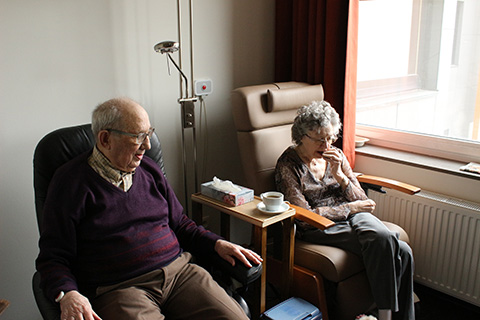Chronic Illness and Palliative Care
The Chronic Illness and Palliative Care research theme engages patients, families, and clinicians in cutting edge research to improve the health and wellbeing of those affected by chronic illness and those receiving palliative care.
Our interdisciplinary team delivers ambitious and impactful research through tackling some of the world’s greatest challenges: from using Artificial Intelligence to provide 24hour personalised support for patients with heart failure; to reinventing advance care planning to support patients and carers living with dementia and those affected by end-stage kidney disease.
We specialise in co-design and ensuring patients, families and services users are central to the development of supports, services and treatments. We develop effective solutions which can be integrated into routine care for example social prescribing for those affected by suicide, online platforms for those affected by cancer and exercise as a prescription to manage chronic illness.
Together we achieve transformative research by:
- Fostering interdisciplinary integration
- Embracing innovation through digital technologies
- Promoting knowledge exchange with our regional, national, and international partners
EXAMPLE RESEARCH PROJECTS
Research Expertise of Chronic Illness and Palliative Care Staff:
- Using qualitative, quantitative, and participatory methodologies to promote an understanding of the impact of chronic illness, including those with palliative care needs , from the perspectives of patients, carers, and health care professionals.
- To explore, test and implement feasible solutions to improve care and support for those with chronic illness, including those with palliative care needs, and their carers.






